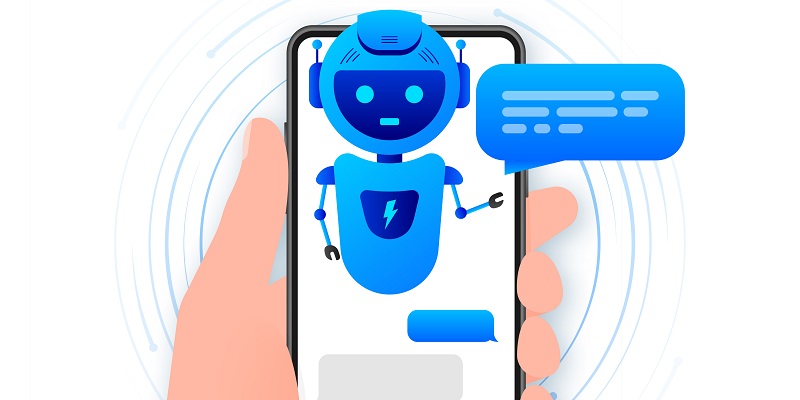In the world of business, success often depends on the ability to provide customers with fast, personalized, and convenient interactions across various platforms. In today’s market, customers expect these interactions to be seamless and frictionless. This is where conversational AI comes into play.
Conversational AI is an advanced technology that enables chatbots and voicebots to engage in natural language conversations with customers. These technologies utilize machine learning algorithms to analyze customer conversations and respond with appropriate answers. Chatbots and voicebots are automated agents that can interact with customers via instant messaging or voice commands.
Chatbots and voicebots provide many benefits for businesses and customers alike. For businesses, these technologies can help reduce labor costs by streamlining customer service processes. According to Gartner, conversational AI deployments within contact centers will reduce agent labor costs by $80 billion by 2026. Additionally, chatbots and voicebots can improve overall customer experience, satisfaction, and loyalty. For customers, chatbots and voicebots offer immediate support and swift resolutions to their issues.
During the early days of chatbots, they were menu-based or keyword-based, and as such, were only able to respond to simple questions or commands. However, with the introduction of conversational AI, chatbots have significantly evolved. They are now much more sophisticated, able to comprehend and respond to natural language conversations, making them more human-like and engaging.
The role of AI-powered chatbots and voicebots is to handle routine inquiries and free up human agents for more complex issues. This can improve the overall customer experience by reducing wait times and providing immediate solutions to simple problems. These technologies can also improve customer satisfaction by providing a personalized experience that caters to each individual customer’s needs.
Voicebots can leverage speech synthesis and emotion detection technologies to create more human-like conversations, allowing them to engage in emotional conversations with customers and create a more engaging and personalized experience. For instance, some insurance companies utilize voicebots to provide quotes, process claims, offer policy updates and other such services without requiring customers to fill out forms or wait on hold.
The potential of chatbots and voicebots is significant as they can help businesses reduce costs, increase satisfaction, enhance loyalty, improve retention, and generate revenue. By streamlining customer service processes with the help of AI, businesses can dedicate more resources to other areas of their operations. Additionally, by providing better customer experience, businesses can increase customer satisfaction, and ultimately improve customer loyalty.
In conclusion, conversational AI is transforming customer experience by enabling chatbots and voicebots to deliver fast, personalized, and convenient interactions with customers across various channels. Chatbots and voicebots have the potential to reduce costs, increase customer satisfaction, enhance loyalty, and generate revenue for businesses. Therefore, it’s time for businesses to explore the potential of chatbots and voicebots and take advantage of the benefits they offer. By doing so, they can provide their customers with the fast, personalized, and convenient experiences they deserve.

